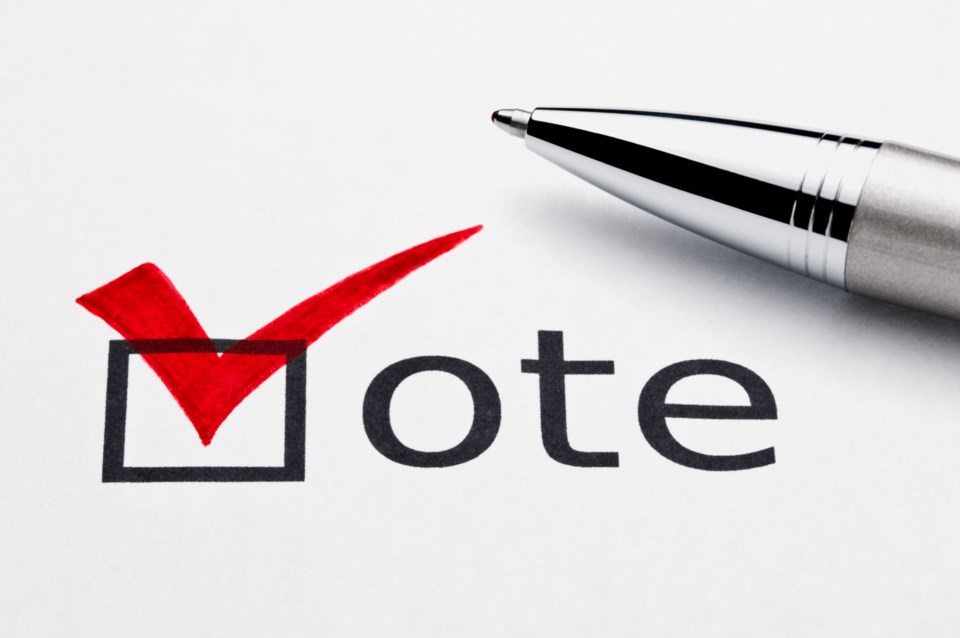The prospect of a coalition – formal or informal – coming out of the Oct. 21 election is growing, as opinion polls tighten and party leaders begin speculating on a minority Parliament.
Tuesday morning, the website 338canada.com pegged the chances of either the Conservatives or Liberals of forming the next government at a virtual dead heat – 50.4 per cent to 49.6 per cent.
The parties were looking at receiving roughly 32 per cent of the vote each, within a margin of error of about 4.7 per cent. The New Democrats, who had been close to single digits in support at the start of the campaign, have rallied to about 16.4 per cent nationally, with the Greens at 9.5 per cent and the Bloc Québecois surging in Quebec, although registering 6.6 per cent nationally.
On the weekend, NDP Leader Jagmeet Singh said he would be interested in joining a coalition to ensure the Conservatives don't form government.
“Oh absolutely, because we are not going to support a Conservative government. We are going to fight a Conservative government. We are going to fight it all the way,” Singh said Sunday.
“In any scenario that happens, whatever Canadians choose, I’m going to make sure Canadians get the best deal. I’m going to make sure we fight hard for the things that are our priorities, I’m going to make sure we deliver those things.”
While he appeared to take a step back from coalition talk Monday – "My focus is not on a coalition. My focus is on this: If you vote New Democrat, you're going to get someone on your side," Singh said in Vancouver – all the party leaders have been reacting to what the polls are telling them.
"Our focus is on electing a progressive government, not a progressive opposition, and ensuring that we stop Conservative cuts," Liberal Leader Justin Trudeau said. "I think it's very clear to Canadians what happened under Stephen Harper when we had a strong NDP, when we had a strong Bloc — cuts to culture, cuts to services, cuts to veterans, nothing done on climate change and indeed a retreat from Kyoto."
The Conservatives are using Singh's words to warn its supporters that if they don't get out and elect a Tory majority, they will end up with “a coalition you can't afford.
“Justin Trudeau and Jagmeet Singh’s secret is out: They’re planning to form a coalition to block Conservatives from forming government,” the party said on its website. “The only way to prevent another four years with Justin Trudeau as prime minister is with a new Conservative majority government.”
The last time Canada had a minority government was from 2008-2011, when Prime Minister Stephen Harper gained vote-by-vote support for certain bills, while others were lost. It was the longest minority government in Canadian history.
Academic Paul Thomas, of the Samara Centre for Democracy, did a study of the 38th Canadian Parliament and found that it was more productive than many majority governments, and was more effective in holding the government to account.
“While more study is required to measure the impact of the minority parliament on citizens’ ability to hold the government to account at election, the overall results of this study would suggest that the potential democratic benefits of minority parliaments may outweigh the costs,” Thomas wrote. “The 38th Parliament certainly featured greater legislative compromise and executive accountability than has been seen in House of Commons in many years and the problems that it experienced do not appear to be insurmountable.”
